Introduction
Coronary heart disease (CHD) demands effective self-care to manage symptoms and enhance quality of life. Consequently, the Self-Care of Coronary Heart Disease Inventory (SC-CHDI) v3.0, developed by Victoria Vaughan Dickson and Barbara Riegel, emerges as a critical tool for assessing self-care behaviors in adults with CHD. Published in 2023, this 23-item questionnaire has garnered 16 citations on Google Scholar, reflecting its growing relevance (Dickson & Riegel, 2023).
Therefore, this article offers a comprehensive guide to the SC-CHDI v3.0, detailing its structure, applications, and clinical value for researchers and clinicians aiming to optimize CHD management.
Key Features of the Self-Care of Coronary Heart Disease Inventory (SC-CHDI) v3.0
Purpose and Use
The SC-CHDI v3.0 evaluates self-care maintenance, monitoring, and management in adults with CHD. Specifically, it focuses on behaviors like medication adherence, symptom monitoring, and response to symptoms. Unlike general health questionnaires, its targeted design ensures relevance for CHD patients, making it invaluable in cardiology research and clinical practice.
Target Population
The SC-CHDI v3.0 suits adults with CHD, including:
- Young Adults (18-24 years)
- Middle-Aged Adults (25-44 years)
- Older Adults (45-64 years)
- Seniors (65+ years, primarily validated with a mean age of ≈65)
Although validated primarily in older adults, its versatility extends across adult age groups in cardiology settings. However, it is not designed for children or adolescents.
Questionnaire Details
The SC-CHDI v3.0 comprises 23 items across three subscales:
- Self-Care Maintenance (9 items): Assesses routine behaviors, such as adhering to medication and diet.
- Self-Care Monitoring (7 items): Evaluates symptom awareness, like tracking chest pain or fatigue.
- Self-Care Management (7 items): Measures responses to symptoms, such as seeking medical help.
Each item uses a 5-point Likert scale, assessing frequency and confidence in performing self-care tasks, ensuring straightforward responses.
Scoring and Interpretation
The SC-CHDI v3.0 employs a 5-point Likert scale, producing subscale scores for maintenance, monitoring, and management. Higher scores indicate better self-care. Notably, there is no total aggregate score; instead, clinicians analyze subscale scores to identify specific areas needing intervention. The scoring process involves calculating a raw score for each subscale, which is then converted into a standardized score ranging from 0 to 100. A subscale score is not calculated if the respondent completes 50% or fewer of its items. For instance, a low monitoring score might prompt enhanced symptom-tracking education. Since no universal cut-off exists, interpretation relies on subscale trends, enabling tailored interventions for CHD patients.
Administration Format
The SC-CHDI v3.0 takes approximately 5-10 minutes, making it ideal for busy clinical settings. It can be conducted via:
- Paper-based forms
- Digital (online) platforms
This tool is Self-administered, so there is no special training is needed to administer the questionnaire
Applications of Self-Care of Coronary Heart Disease Inventory (SC-CHDI) v3.0
The SC-CHDI v3.0 offers versatile applications:
- Screening: Identifies patients with poor self-care practices, signaling intervention needs.
- Monitoring: Tracks self-care improvements over time or during interventions.
- Treatment Planning: Guides clinicians in tailoring education or therapies based on subscale scores.
- Research: Supports studies on CHD self-care and patient outcomes.
For example, a clinician might use a low management score to develop a symptom-response plan, while researchers analyze trends to inform CHD care protocols.
Other Versions And Related Questionnaires
The SC-CHDI v3.0 is the most updated version, reflecting current self-care theory.
Other versions include:
- Caregiver Version (CC-SC-CHDI): Assesses caregiver contributions to CHD self-care.
- Earlier Versions (v1, v2): Less comprehensive predecessors.
Related Questionnaires:
- The Self-Care of Heart Failure Index (SCHFI), complements the SC-CHDI for heart failure patients.
- The Cardiac Self-Efficacy Scale
- The Heart Health Self-Efficacy and Self-Management scale
Language and availability
To enhance global accessibility, the SC-CHDI v3.0 is available in:
- Arabic
- English
- French
- Italian
- Turkish
- Persian
This multilingual support broadens its use in diverse clinical and research contexts.
The SC-CHDI v3.0 is free for non-commercial use, but requires completion of an Instrument Use Agreement at this website with no license fee is charged.
Reliability and Validity
The SC-CHDI v3.0 has undergone validation processes to establish its psychometric properties. It demonstrates high reliability, with Cronbach’s alpha ranges between 0.80–0.91 , indicating strong internal consistency across its subscales. Validity assessments confirm its ability to measure CHD-specific self-care behaviors accurately, making it suitable for clinical and research applications. A validation study published in the European Journal of Cardiovascular Nursing provides evidence of its reliability and validity, ensuring its appropriateness for assessing self-care in adults with coronary heart disease.
- Original validation study study link
Limitations and Considerations
Despite its strengths, the SC-CHDI v3.0 has a few limitations:
- Self-Report Measure: Responses may be influenced by social desirability bias or subjective interpretation, potentially skewing results.
- Cultural Bias: The questionnaire may not fully account for cultural differences in self-care practices, limiting its applicability in diverse populations.
- Social Desirability Bias: Patients may provide answers they believe are expected, rather than accurate reflections of their behaviors.
- Limited Validation Studies: Further validation is needed to ensure applicability across broader cultural and demographic groups.
Additional Resources
For more information on the (SC-CHDI) v3.0 and to access the full questionnaire, visit the following resources:
- Original Validation Study: Study Link
- Access Questionnaire : (SC-CHDI) v3.0 PDF
- Further validation studies:
- Psychometric Testing of the (SC-CHDI): study link
- Psychometric evaluation of the Thai version: study link
- Psychometric Testing of the Korean Version: study link
- For inquiries, contact Dr Barbara Riegel at briegel@nursing.upenn.edu
- For additional (SC-CHDI) v3.0 resources, visit Self-Care Measures
Frequently Asked Questions (FAQ)
- Who can use the SC-CHDI v3.0?
Clinicians, researchers, and healthcare providers use it for adults with CHD, aged 18 and older.
- How long does it take to complete the SC-CHDI v3.0?
Patients typically complete it in 5-10 minutes, suitable for busy clinical environments.
- How is the SC-CHDI v3.0 administered?
It supports paper and digital formats, ensuring flexibility.
- Is there any cost to using the SC-CHDI v3.0?
It is free for non-commercial use, but permission is required for commercial or funded academic projects.
A word from ResRef about Self-Care of Coronary Heart Disease Inventory (SC-CHDI) v3.0
The Self-Care of Coronary Heart Disease Inventory (SC-CHDI) v3.0 is a rigorously validated, freely available tool for assessing self-care in adults with coronary heart disease, suitable for clinical and research settings.
References
- Dickson VV, Iovino P, De Maria M, Vellone E, Alvaro R, Di Matteo R, Dal Molin A, Lusignani M, Bassola B, Maconi A, Bolgeo T, Riegel B. Psychometric Testing of the Self-Care of Coronary Heart Disease Inventory Version 3.0. J Cardiovasc Nurs. 2022 Oct 24. doi: 10.1097/JCN.0000000000000952. Epub ahead of print. PMID: 36288481. link
- Vaughan Dickson V, Lee CS, Yehle KS, Mola A, Faulkner KM, Riegel B. Psychometric Testing of the Self-Care of Coronary Heart Disease Inventory (SC-CHDI). Res Nurs Health. 2017 Feb;40(1):15-22. doi: 10.1002/nur.21755. Epub 2016 Sep 30. PMID: 27686630. link
- Naruebeth Koson, Nittaya Srisuk, Arunsri Rattanaprom, David R Thompson, Chantal F Ski, Psychometric evaluation of the Thai version of the Self-Care of Coronary Heart Disease Inventory Version 3, European Journal of Cardiovascular Nursing, Volume 22, Issue 3, March 2023, Pages 311–319. link
- Park JH, Gwon SH, Yoon MH, Lee AY, Bae SH. Psychometric Testing of the Korean Version of the Self-Care of Coronary Heart Disease Inventory Version 3. Asian Nurs Res (Korean Soc Nurs Sci). 2024 Aug;18(3):238-245. doi: 10.1016/j.anr.2024.07.001. Epub 2024 Jul 20. PMID: 39038702. link


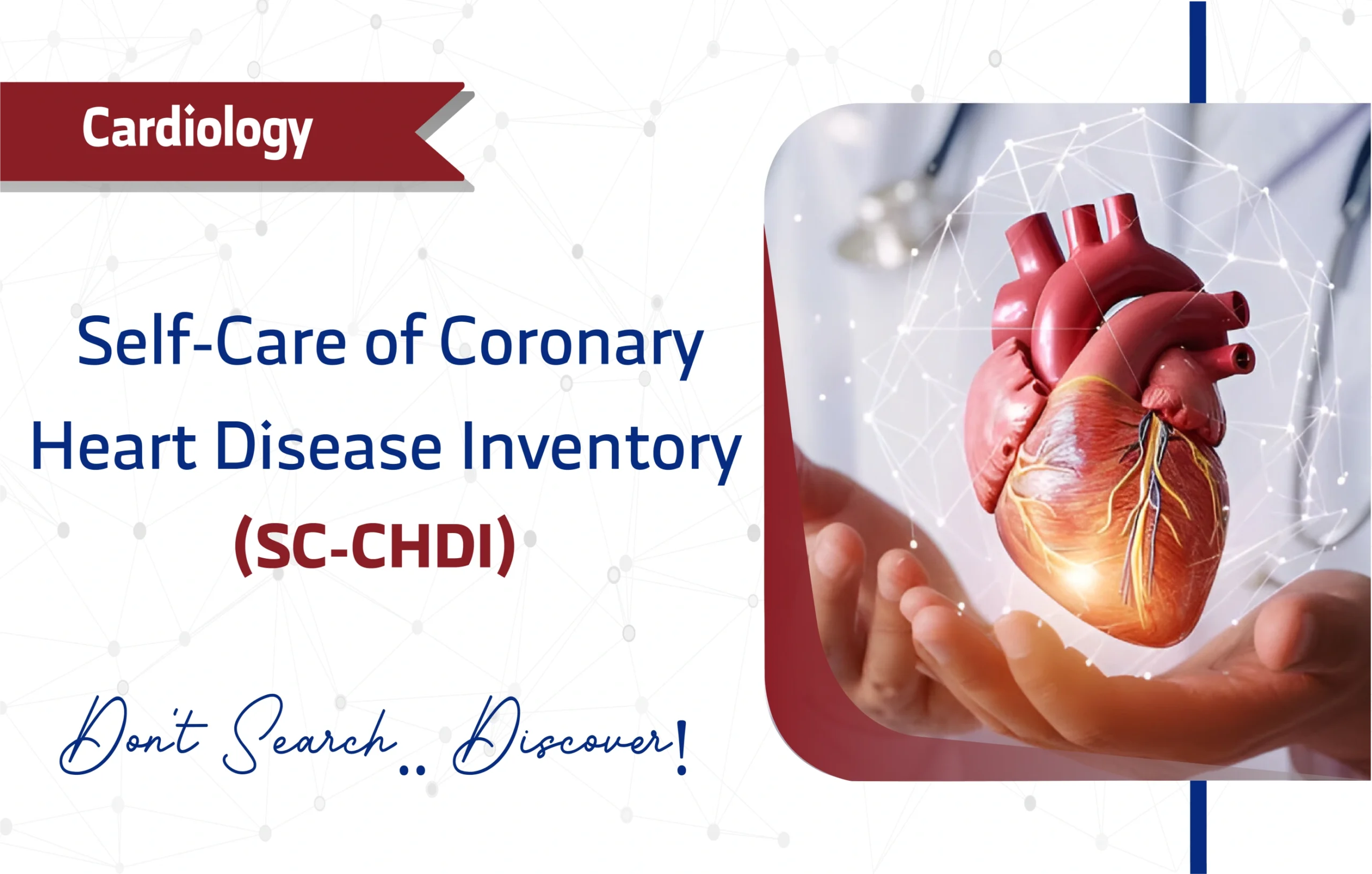

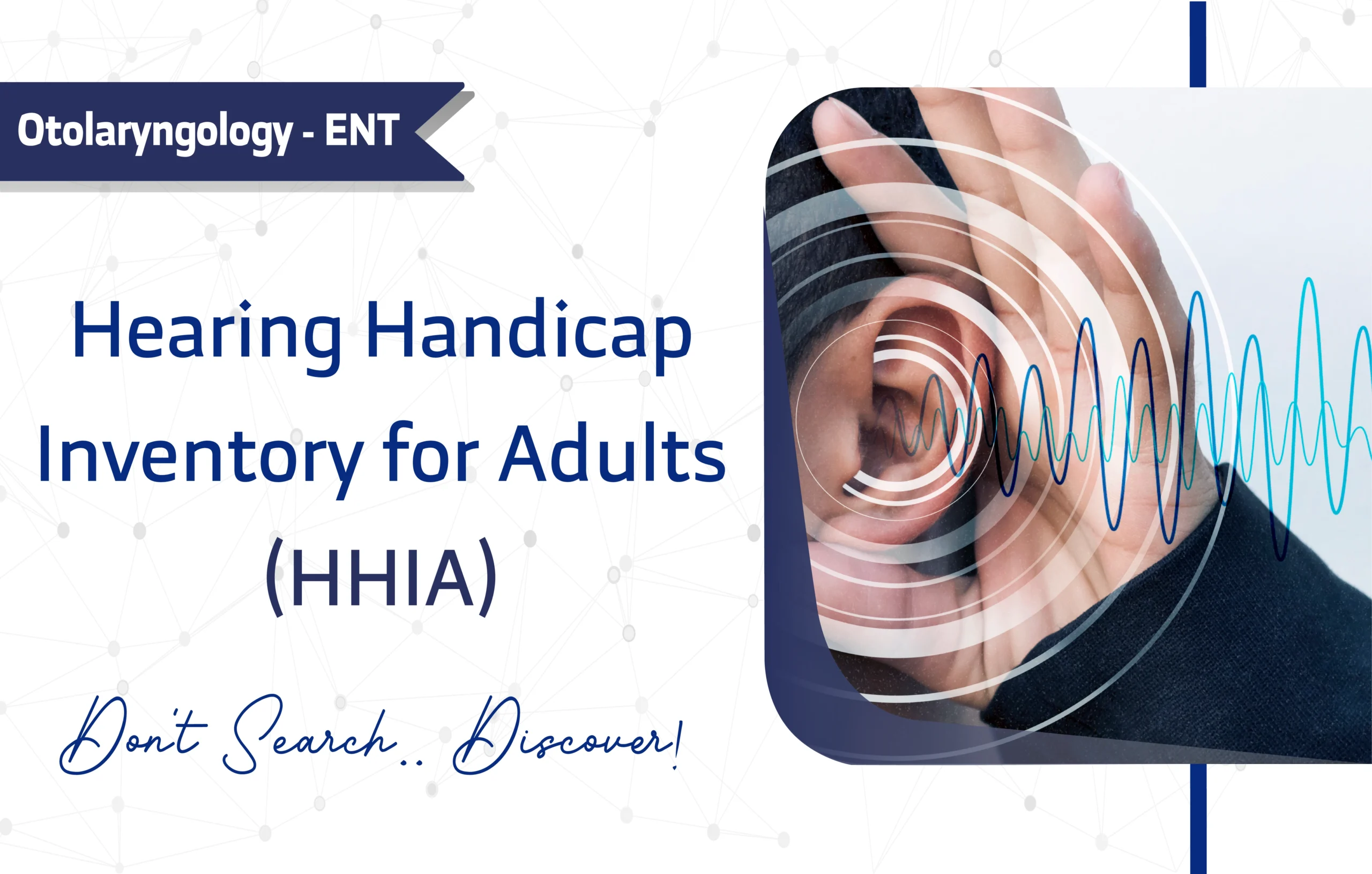
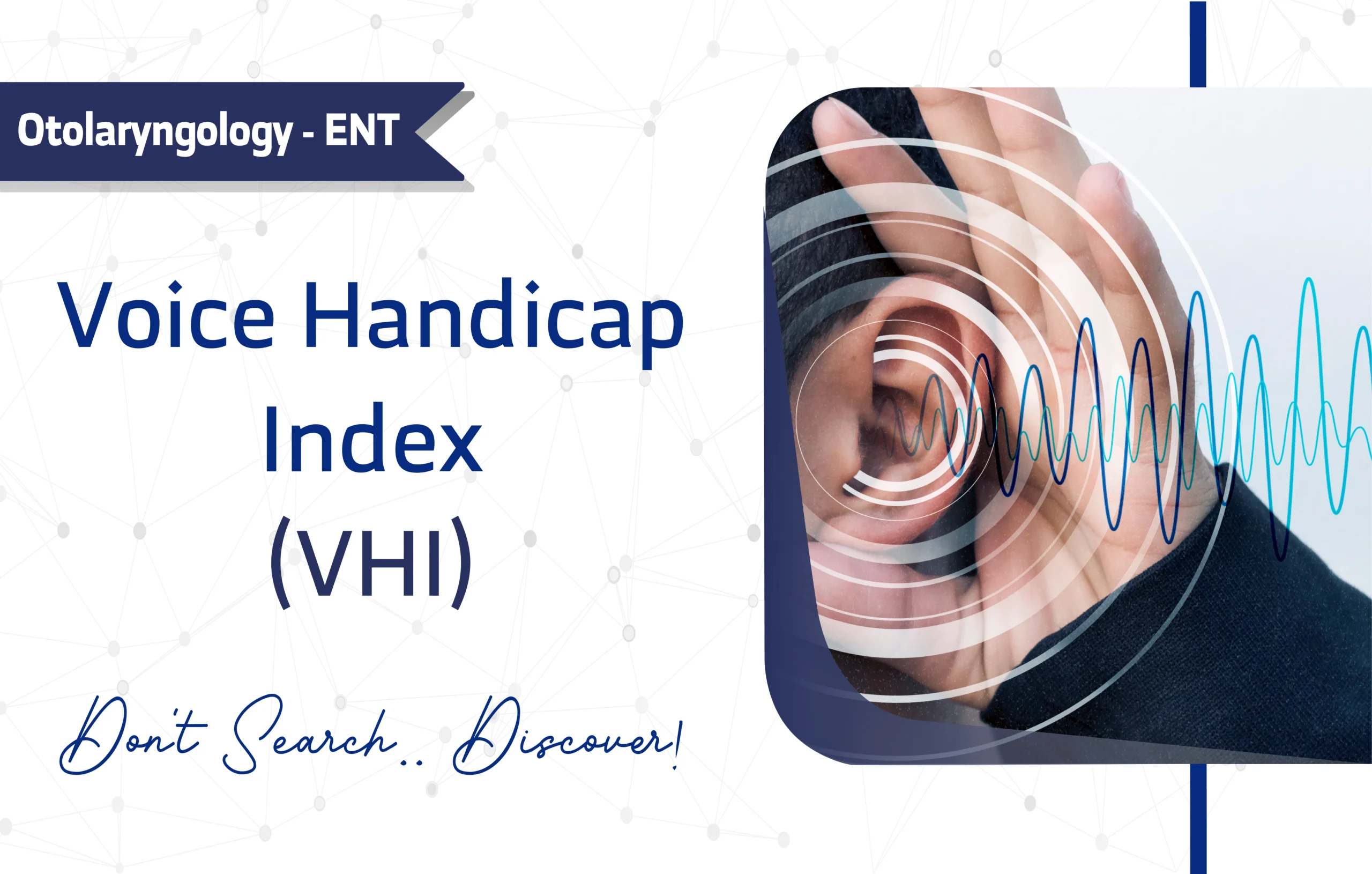

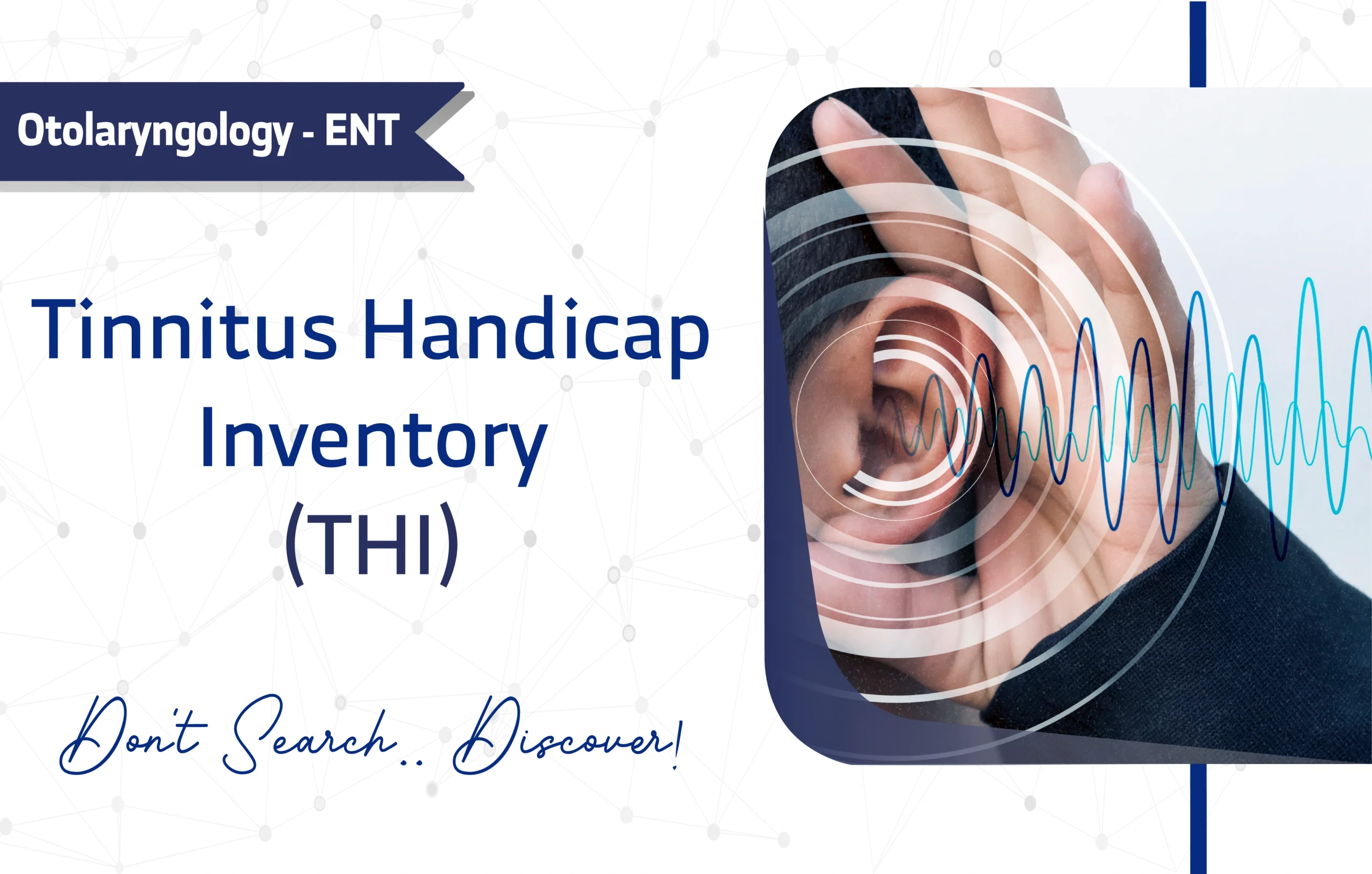
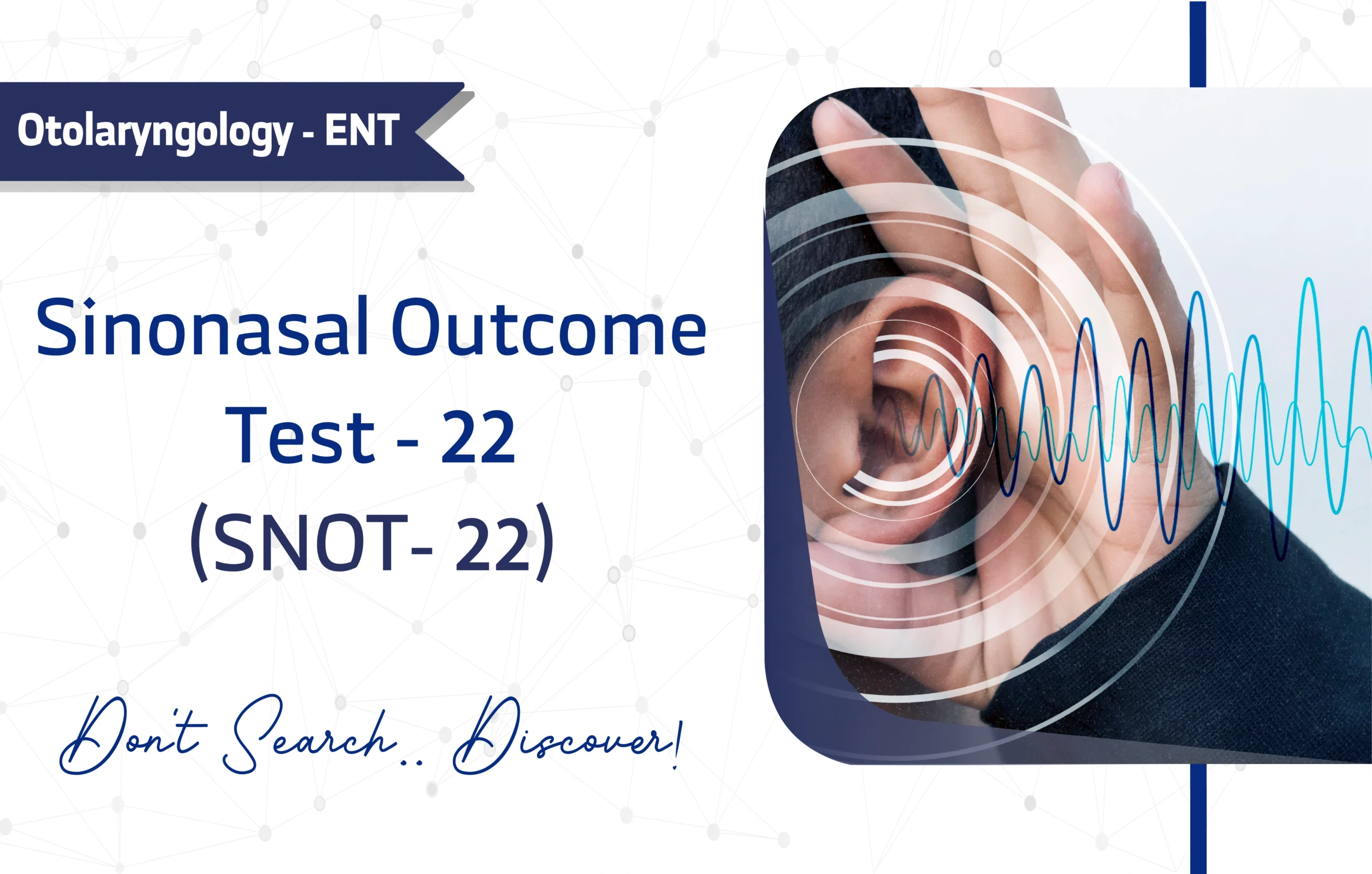
1 thought on “Self-Care of Coronary Heart Disease Inventory (SC-CHDI) v3.0: A Full Guide for Researchers and Clinicians.”
The clarity and professionalism of your writing stand out. It’s rare to find resources that are both so well-structured and so easy to engage with.